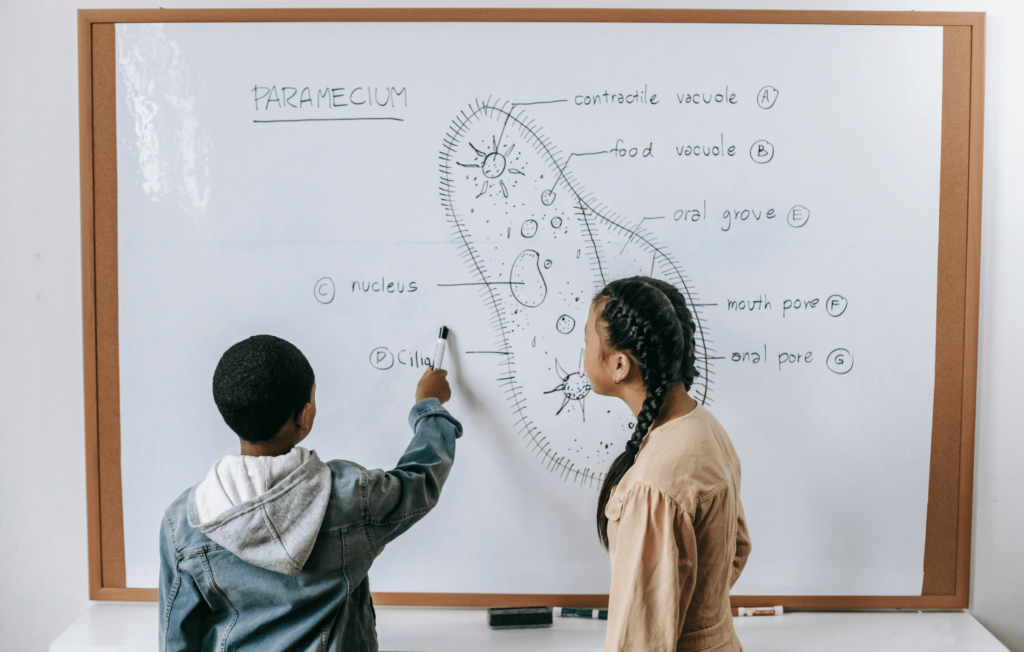For any student to thrive in an academic setting, they must first learn how to learn!
We launched our “Learning to Learn” resource page for students so that regardless of the environment they are in, they have the skills to succeed. From self-regulation to working memory, this resource allows students to get a better understanding of how their brains and bodies function. It provides a foundation for them to comprehend why different thoughts and feelings exist, such as forgetfulness, distraction, procrastination, and doubt. It also empowers them to be self-aware and expand their thinking on how to manage emotions and approach situations.
What’s Included in the Resource:
The Learning to Learn page includes short videos that introduce students to key concepts, including executive functioning, academic integrity, and growth mindset. Throughout the videos, they will be presented with different scenarios to discover what happens to their bodies when they are tasked with thinking critically through problems and overcoming obstacles. They will analyze factors that contribute to specific outcomes, like their schedule or work environment. Then, they will review different strategies to implement when faced with these scenarios in their everyday lives.
After students watch our videos, they have the opportunity to take our series of mini-lessons designed to help them practice the fundamentals of learning. Throughout the lessons, students will take self-assessments to identify their strengths and weaknesses while applying what they have learned in the videos to areas they need to improve on.
By the end of the lessons, students will have a new set of skills in their toolbox, including:
– Increasing productivity by making efficient use of time during hours at peak mental sharpness.
– Implementing strategies for managing distractions, prioritizing tasks, and creating effective schedules.
– Avoiding plagiarism by properly citing sources using quotations and paraphrasing.
– Using SMART goals to approach challenges with a growth mindset.
– And more!
This resource is free to anyone interested and can be found here on our website.



